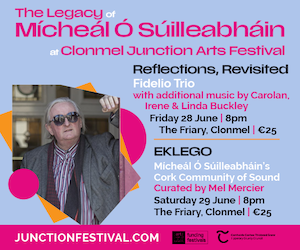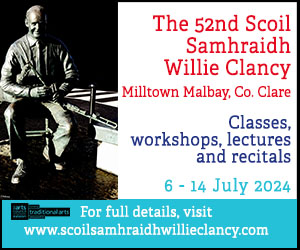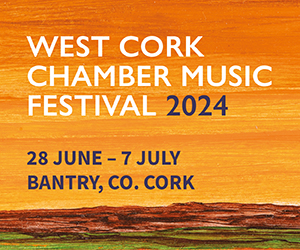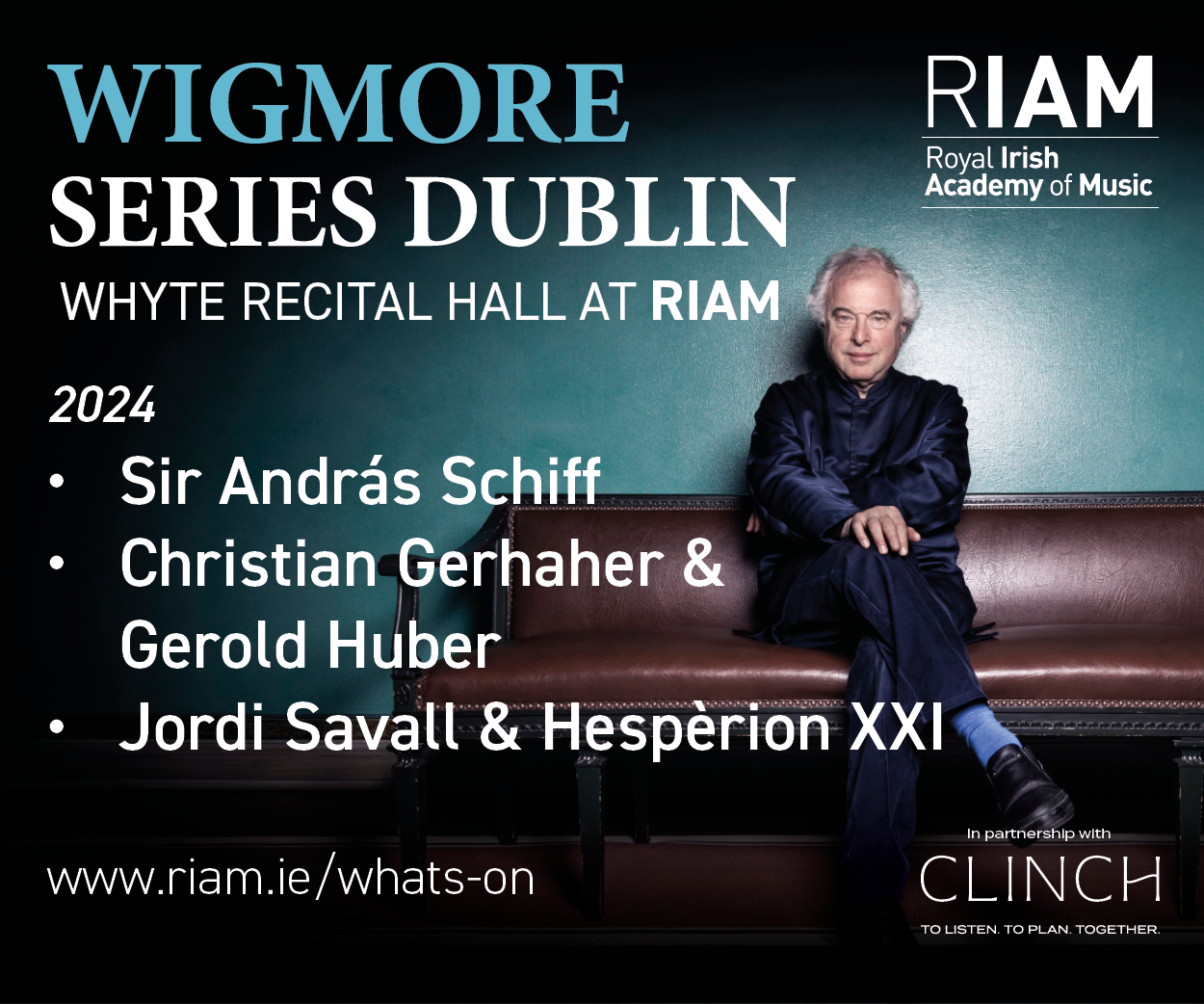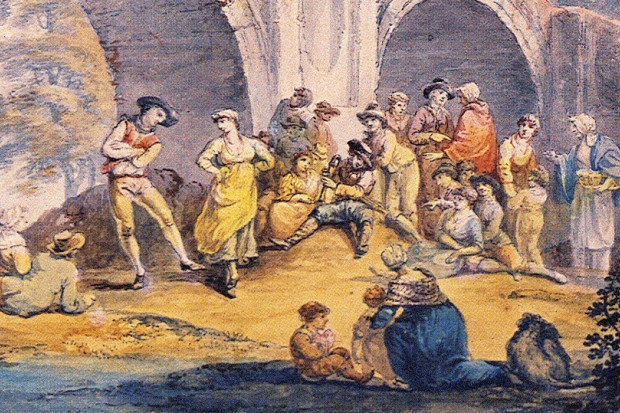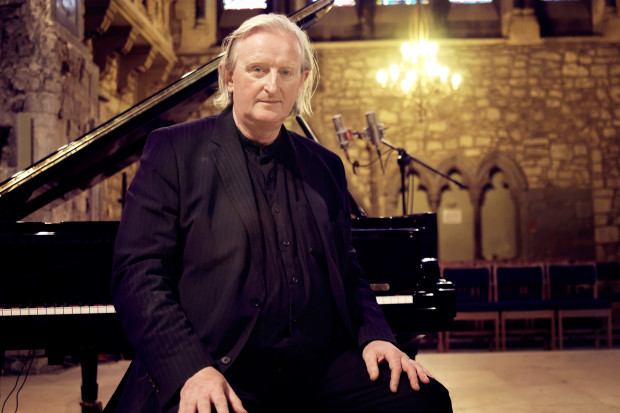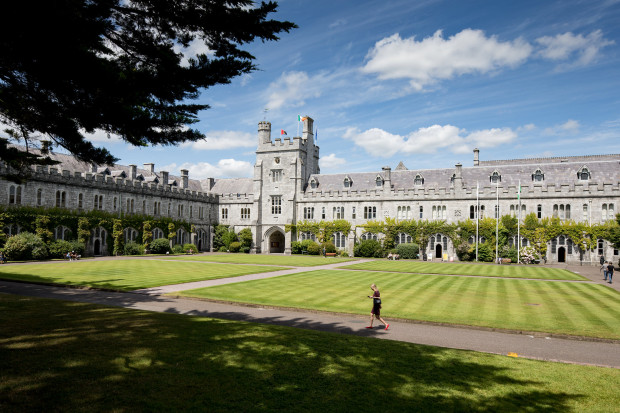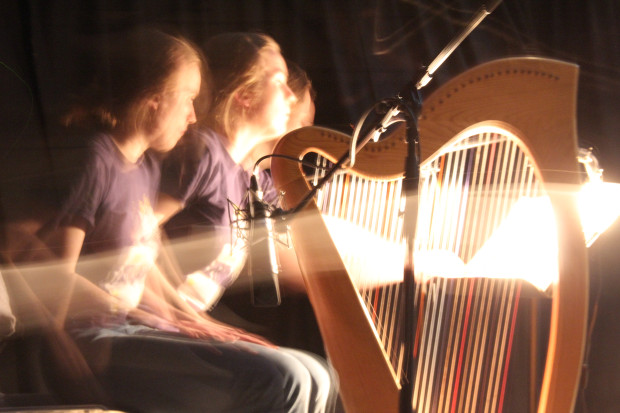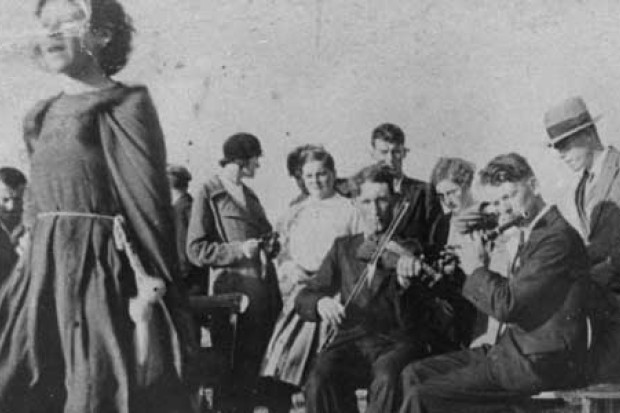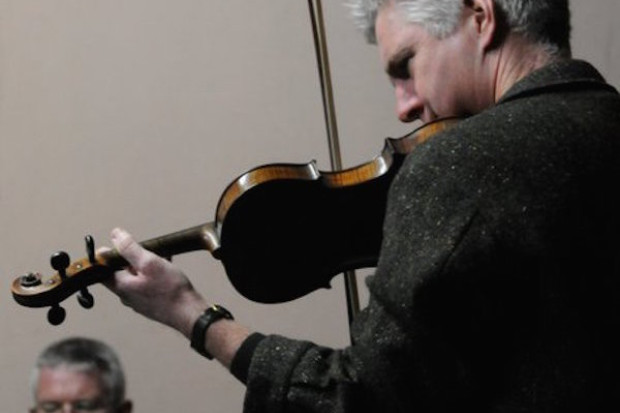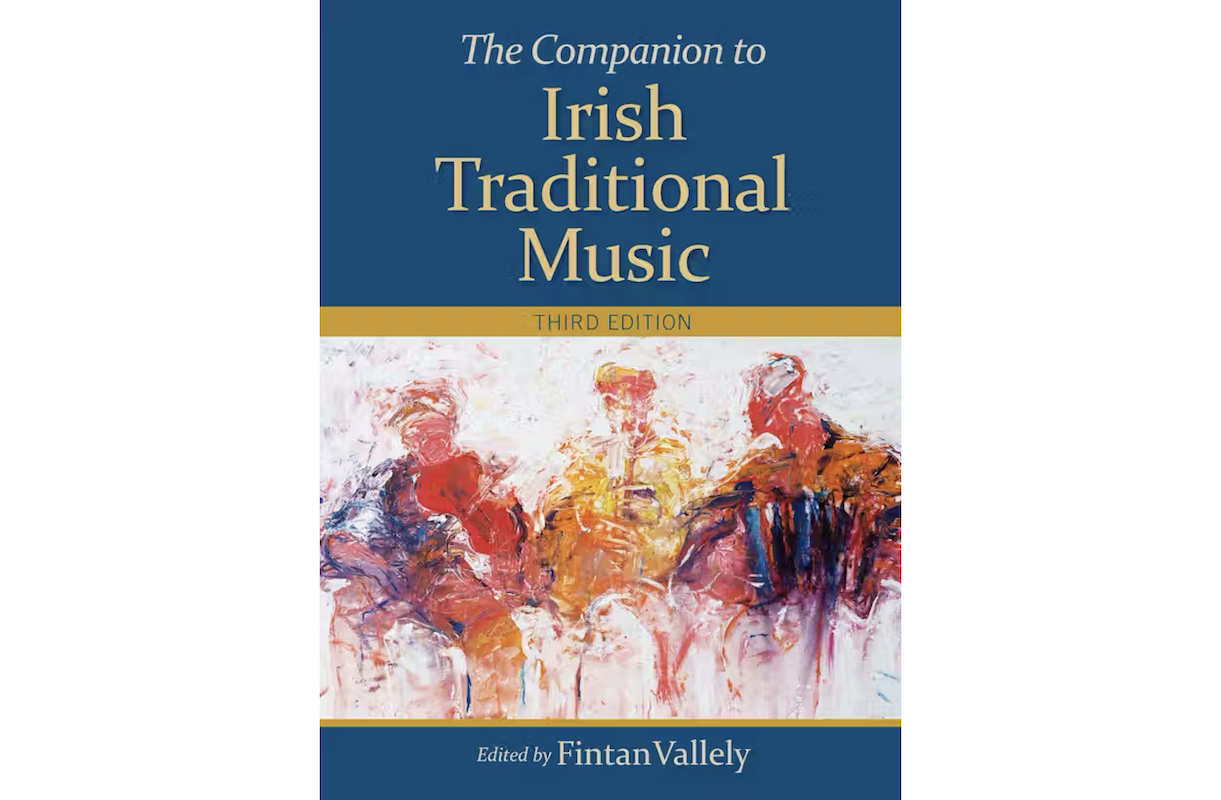
New Edition of 'The Companion to Irish Traditional Music' Published
Cork University Press has announced the publication of the third edition of the Companion to Irish Traditional Music. Edited by Fintan Vallely, this major encyclopaedia has become the leading reference book for Irish traditional music, song and dance and now extends to 933 pages.
First published in 1999, with a second edition issued in 2011, this latest Companion is revised and enlarged and includes key contributions from Vallely, Liz Doherty, Terry Moylan, Verena Commins, Martin Dowling, Rebecca Draisey Collishaw, Niall Keegan, Catherine Foley, Colin Hamilton, Desi Wilkinson and John Moulden.
With 1,400 main topics, the new edition covers artists, collectors, instruments, history, styles, organisations, festivals, competitions and more, and there are also substantial entries on music in every county in Ireland as well as Irish music abroad. This edition also includes a focus on gender in traditional music, and a list of Fleadh Cheoil na Éireann winners from 1951 to 2023 that is drawn from the work of Fintan Farrell. In addition, there is a substantial bibliography of publications on Irish music organised by subject and including tune collections.
Writing in the introduction to the third edition, Vallely says:
Voice is given … to new thinking and commentators, and there is a somewhat expanded topic list. Space for that has been made possible by considerable re-organisation and rationalisation prompted by comments from both regular and casual users, and in response to societal changes. Thus the issue of male/female gender balance is more extensively explored, taking in this time not only the consciousness of the FairPlé movement, but also observing gender trends in merit systems such as All-Ireland fleadh competition.
Vallely adds that coverage of the folk musics of other countries has not been included in this edition, but there is more coverage of Irish music practice in different countries, this time incorporating individual entries for cities abroad (Chicago and Glasgow, for example), as well as key territories such as the US, Canada, Australia, Germany, France and more. He also adds that the entries on Irish counties have been expanded in some instances and notes ‘the phenomenal disappearance of the small Irish pub’ where traditional music is played.
The book is organised in A-Z format and draws on the expertise of over two hundred musicians, researchers and teachers in the field. Vallely adds:
The structure of this third edition of The Companion to Irish Traditional Music follows the suggestions of performers, researchers and those in university-level education. This renders it a comprehensive document which among all specialised books on the subject gives it the greatest practical utility for the widest variety of interests. But behind its use value, as a panorama of people, instruments, organisation, events, concepts and history, the book is of itself a display of the profound scale and intensity of artistic endeavour and achievement in indigenous Irish music, song and dance.
There is also a related website for the book at https://comitm.com.
The Companion to Irish Traditional Music is available now in hardback from Cork University Press for €69/UK£65/$75USD. To purchase a copy, visit www.corkuniversitypress.com.
Published on 20 May 2024







